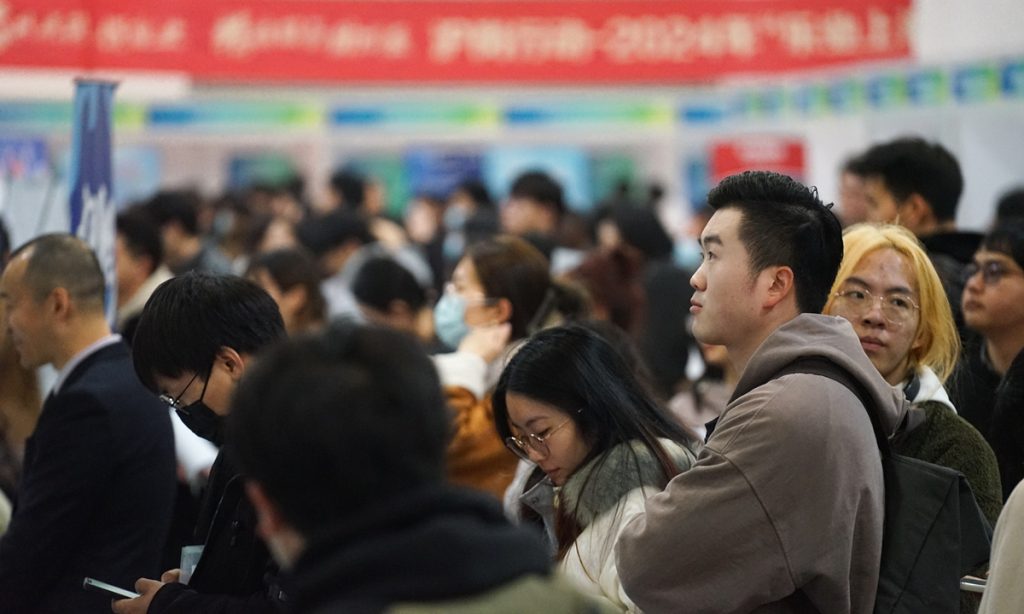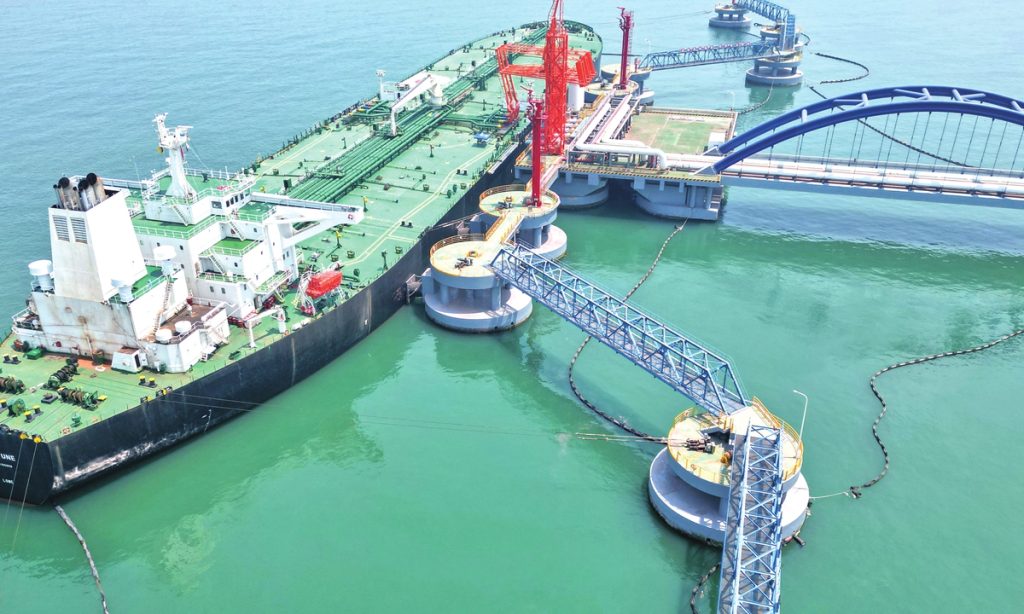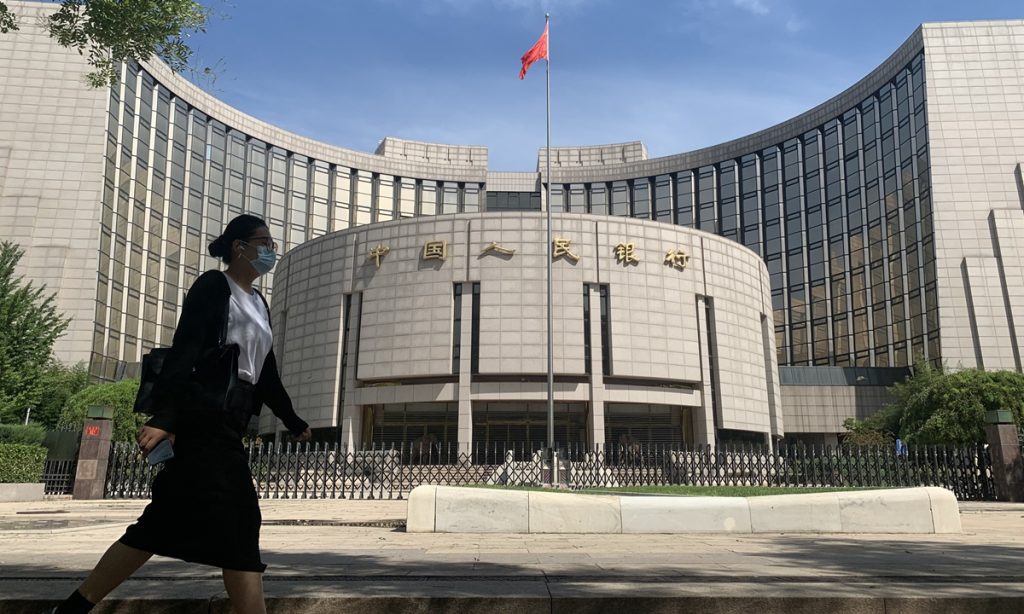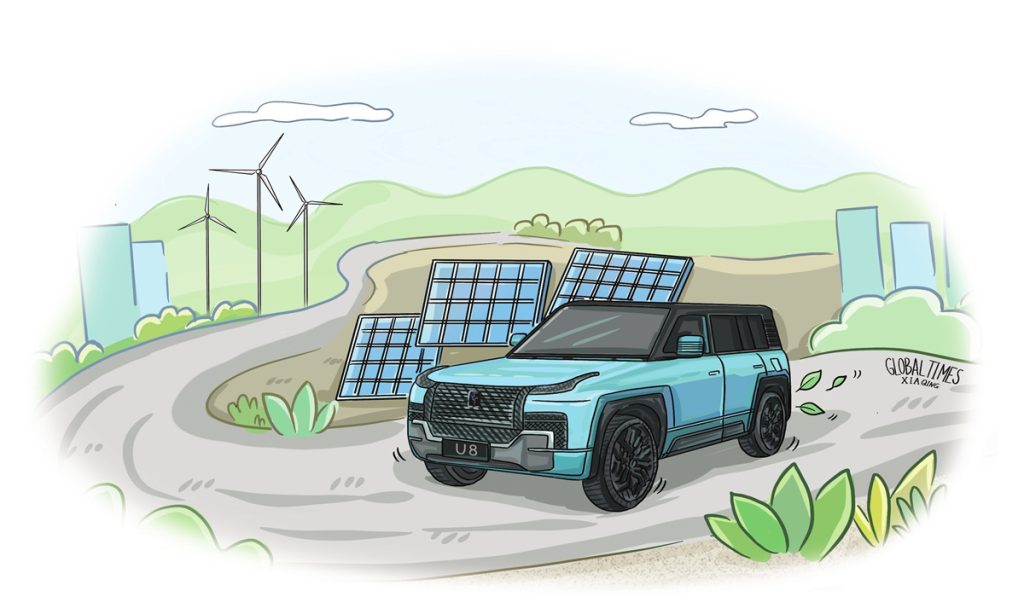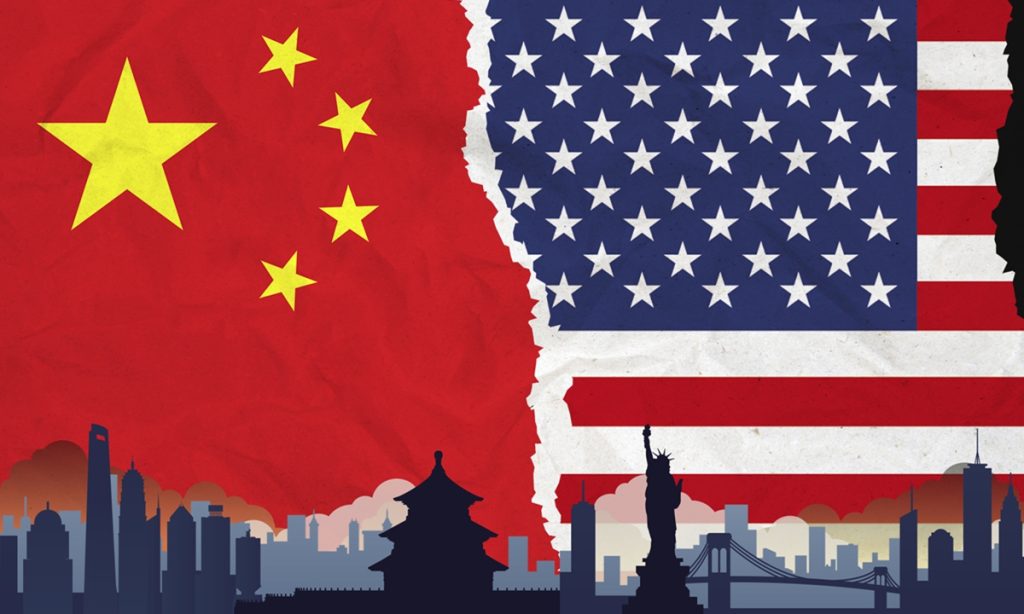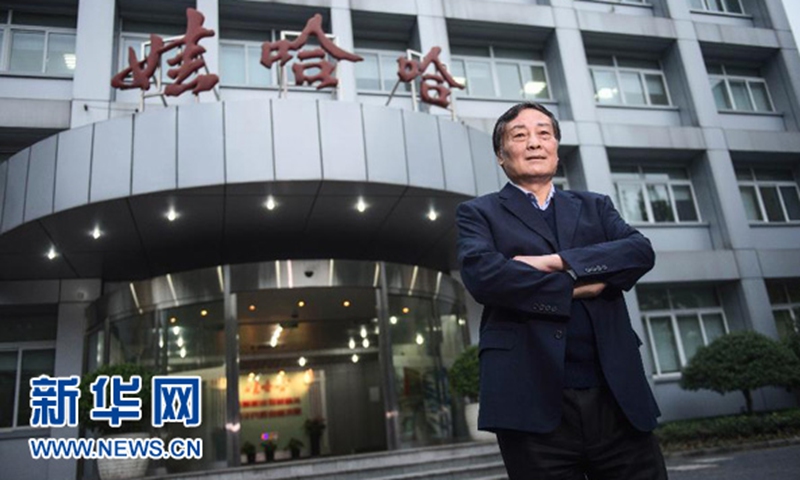Insights from anti-graft frontline personnel reveal China’s tough battle against ‘disguised’ corruption

China is intensifying its efforts to crack down on hidden corruption, as it risks undermining already realized national anti-corruption achievements and creating greater systemic financial risks at a larger scope as experts have warned.
"New-type and disguised corruption" was recently included in the list of the top 10 anti-corruption keywords for 2023 released by the Communist Party of China (CPC) Central Commission for Discipline Inspection (CCDI), a move that reflects the importance attached by the discipline watchdog to anti-graft efforts in revealing disguised practices.
Xi Jinping, general secretary of the CPC Central Committee, Chinese president and chairman of the Central Military Commission, urged for the strengthened handling of new and disguised forms of corruption at the third plenary session of the 20th CPC CCDI on January 8, the Xinhua News Agency reported.
"It is imperative to further combat corruption in the sectors of finance, state-owned enterprises, energy, medicine, and infrastructure construction where power is concentrated, capital is intensive, and resources are abundant, and preempt potential risks," Xi said.
Combating corruption in the form of collusion between officials and businesspeople should be the priority, Xi said, urging efforts to crack down resolutely on the profit-driven abuse of power and prevent various interest and power groups from infiltrating the political arena.
China's anti-corruption watchdog detained a record 54 high-ranking officials in 2023, which tops the number in a year since the 18th National Congress of the CPC in 2012, with a large number of them being from the financial sector.
The Global Times interviewed a disciplinary inspection frontline personnel at a state-owned enterprise, Chinese anti-graft experts to understand the typical tricks of covert corruption and how the watchdog responds by utilizing big data analysis to track and investigate cases. This reveals how disciplinary inspectors tear off the masks of corruption in a battle between justice and impunity.
Sly, covert tricks
An official documentary on January 9 featuring China's anti-corruption efforts revealed how Fan Yifei, former vice governor of the People's Bank of China, illegally profited by using his brother's investment company as a cover and accepting bribes in the form of shares from companies.
The financial sector is a highly specialized field that can easily turn into a hotbed of surreptitious forms of corruption, said law professor Zhang Lei from Beijing Normal University, noting that financial corruption could bring financial risks, which would further threaten national financial security.
The recent downfall of several high-ranking officials in the financial sector sent a strong signal of China's resolute efforts to eliminate "moles" within the financial sector and continuously deepen anti-corruption work in this field, the expert noted.
Li Xiang (pseudonym), the frontline worker at a provincial disciplinary inspection department, who is stationed in a state-owned enterprise, told the Global Times that corrupt practices of "profiting from stocks" easily occur among high-level financial officials.
Specifically, some exploited the disposal of non-performing assets to exchange shares for personal gain; while some asked others to hold shares by proxy, then transferred the covert shares to relatives, and received dividends. The corrupt process is disguised and appears "clean" on the books, making it difficult to detect.
The CCDI has previously disclosed a corruption case involving Wang Zongcheng, former director of the accounting department at the China Securities Regulatory Commission, who used his power in the IPO review process to take advantage of stock premiums.
He entrusted someone else to purchase the original shares of a company to be listed before its IPO and became a "shadow shareholder." After the company went public, he shared the huge profits from the returns from the "shadow shares" and took back the profits after retirement. He used his power to support the company to go public, evading punishment through various covert and complex operations, and appeared not to have had any visible contact with the company throughout the whole process.
According to the cases revealed by the CCDI, among the senior officials investigated and dealt with since the 20th National Congress of the CPC, suspects who have been found to have "illegally owned shares in non-listed companies," or "engaged in collusion between politics and business, secretly accumulating wealth behind the scenes," or "engaged in power-money transactions under the guise of 'investment' for a long time" are not a minority.
"Many of the cases currently being investigated involve hidden corruption, and direct power-money transactions are becoming less common. This also requires frontline disciplinary inspection personnel to be highly professional, knowledgeable, and capable," Li told the Global Times.
"In non-financial fields, some officials from different regions usually do not explicitly exchange power with money, but instead with the promotion of their relatives or people with close connections to higher positions. Such power swap is also an implicit form of corruption," Li revealed.
State-owned enterprises, with their abundant funds and resources, have always been a key battlefield in anti-corruption efforts. Some corrupt individuals in state-owned enterprises attempt to disguise their illegal exchanges of interests by engaging in market transactions, such as using loan sharks transfer to bribes, to conceal the nature of power-money transactions, he further explained.
Furthermore, as some state-owned enterprises have industrial monopolies and are major tax contributors to local governments, they are always an accessible "honey pot" for local political figures and business sector players. These factors have created potential risks for corruption among the leaders of state-owned enterprises, according to Li.
He noted that one difficulty in combating hidden corruption is that existing measures often lag behind such innovative corruptive practices. Moreover, smart tools and technologies such as big data or AI are also widely used to cover up crimes.
The CCDI has reported a case of an official from the legal system who used technological means to create a fake identity for himself, and repeatedly used the fake identity to open stock and bank accounts for bribery transactions.
Unveiled cases also show some officials engaged in corruption using "digital currency," exploiting regulatory loopholes and accepting illegal card coupons, bitcoin, and digital cash to receive bribes.
"This requires us to carefully study the flow of funds, the interests and other abnormal behaviors of suspected ones, and to employ modern tech to trace the source of funds," said Li.
Systematic, powerful punch
To eliminate the chance of officials becoming corrupt, strict discipline inspection and supervision have expanded to those who offer bribes. In July 2023, the CCDI and the National Commission of Supervision (NCS) first mentioned the number of bribers who had cases filed against them in the first half of the year.
The second plenary session of the 20th CPC CCDI held in December 2023 also emphasized the resolute investigation and punishment of new and hidden forms of corruption, encouraging discipline inspection and supervision organs at all levels to continuously innovate their anti-corruption strategies through systematic and collaborative mechanisms, and the use of modern technology.
Regional governments have also carried out special campaigns against hidden corruption. For example, in East China's Jiangsu Province, special efforts have been made to combat hidden corruption such as "shadow shareholders," by identifying loopholes in the system and supervisory weaknesses, and the urging of reforms in the relevant departments.
Apart from incumbents, investigations have also been launched into retired or resigned officials, including those who attempted to evade investigation by resigning, who exercised the influence they gained from their former posts to benefit others and took bribes in return, and who sought profits for others while in office and have taken bribes since retirement. No corrupt official is to be left out, according to Xinhua.
Meanwhile, big data, AI, and other smart means are increasingly used in exposing disguised corruption problems.
A case at the end of 2022 shows that Zheng, a former assistant to the general manager of a provincial state-owned enterprise in East China's Fujian Province, used his position to profit and transfer embezzled funds during his tenure in multiple important positions.
After the watchdog obtained and analyzed data information such as his bank account transaction details, communication records, and real estate registration, Zheng's acceptance of huge bribes through "white gloves" was finally unveiled.
The term "white gloves" refers to people who run businesses created to cover up corruption by officials. The white glove tactic is a favorite among dirty officials because their direct involvement in commercial activity is illegal.
The investigation found that although Zheng's mother had passed away, her bank account was still active, with dozens of transactions involving funds exceeding 500,000 yuan each. Based on this, the investigators determined that Zheng had accepted bribes of more than 120 million yuan, according to Chinese media Outlook Weekly.
North China's Shanxi Province, as another example, has tried to build professional algorithm AI models based on a large number of case studies to screen out suspected "shadow companies."
Experts believe that the fight against new forms of corruption should continue to gain momentum.
"Cases of invisible corruption and new forms of corruption normally involve large amounts of funds and have spillover effects. Moreover, many of the individuals involved are highly educated and intelligent, making their methods more sophisticated, known as intelligent corruption. We must constantly update our means of tracking and identification, otherwise the achievements we have made in anti-corruption efforts will be challenged," Tang Renwu, dean of the School of Governance at Beijing Normal University, told the Global Times.
"We must maintain current intense anti-corruption efforts to deter these new types of crimes. This is why the Chinese leader has repeatedly emphasized a zero-tolerance attitude toward corruption on various occasions," said Tang.
He called for the use of more intelligent means to combat crime, and keep law and Party discipline protocols updated to include more behaviors that hover on the edge of illegality in the legal framework.



